Washington’s State Flower
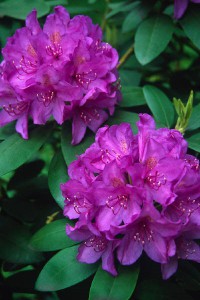
In 1892, there was a hotly contested election in Washington State…for a flower.
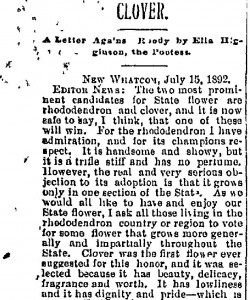
The 1893 World’s Fair was fast approaching, and the state flower would be part of the exhibit for Washington State.
It came down to Clover vs. Rhododendron, and it was decided that the women of the state would vote…and only the women.
They didn’t have the right to vote in any other election until 1910, but this time it was the men who were not allowed to cast a ballot…even if they were gardeners.
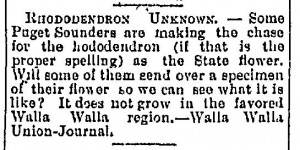
The campaign was hard fought.
Some people didn’t like the name of the rhododendron. It was too long and too hard to spell.
Others claimed they had never seen one before, and the state flower should be grown all over the state.
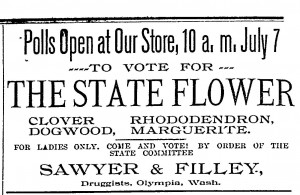
Polls opened across the state and thousands of women voted.
After the polls closed on August 1, the Rhododendron had won.
These are some of the books about Rhododendrons that you can find at the Washington State Library.
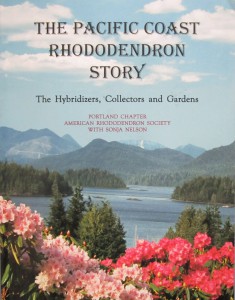 The Pacific Coast Rhododendron Story, and Rhododenrons in the Landscape are both written by Sonja Nelson, who was an editor of the Journal American Rhododendron Society.
The Pacific Coast Rhododendron Story, and Rhododenrons in the Landscape are both written by Sonja Nelson, who was an editor of the Journal American Rhododendron Society.
The first title is more of a history, with descriptions of the different varieties.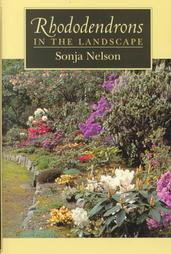
In the second book, she provides extensive advice on how to use rhododendrons in different styles of landscaping.
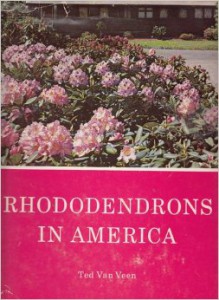 Rhododendrons in America by Ted Van Veen, provides a nice introduction to gardening with rhododendrons.
Rhododendrons in America by Ted Van Veen, provides a nice introduction to gardening with rhododendrons.
He has a list of the different hybrids created as of 1969, and color photographs on every page.
Come and visit us at the Washington State Library, or browse our catalog, if you’re looking for books about Rhododendrons, or newspaper articles that tell the story of how it became our state flower.